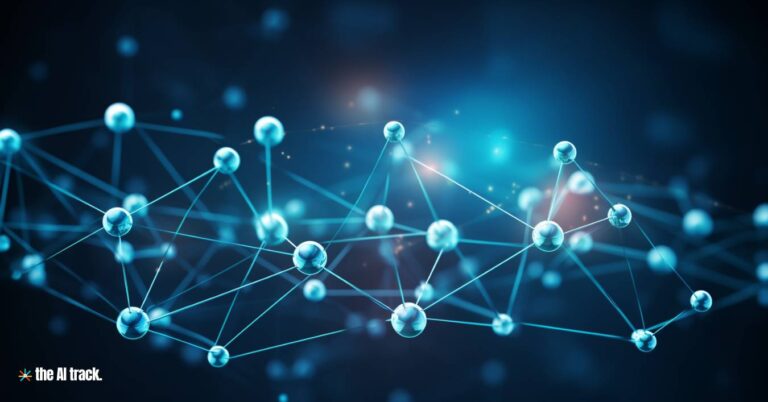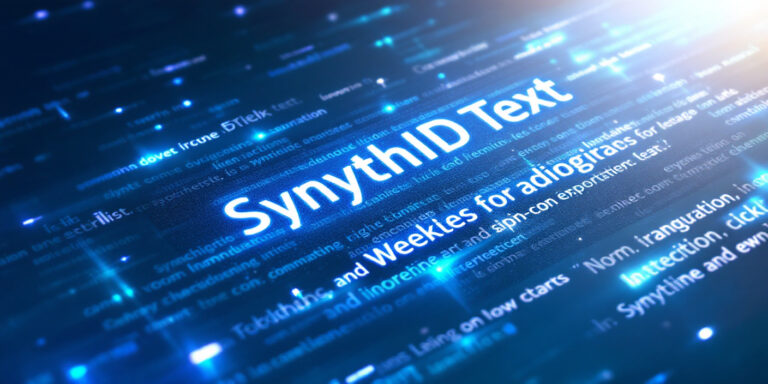Google DeepMind’s AlphaEvolve represents a major milestone in artificial intelligence development — an AI system capable of autonomously generating and optimizing algorithms across multiple domains. Its novel evolutionary evaluation framework leads to quantifiable improvements in hardware design, algorithmic efficiency, and mathematical research, marking the emergence of AI as a collaborative scientific partner.

AlphaEvolve vs. Human Ingenuity – Key Points
Introduction of AlphaEvolve:
AlphaEvolve is a Gemini 2.0-based AI agent by Google DeepMind designed to autonomously invent, evaluate, and refine computer algorithms. Unlike traditional LLM-based agents prone to hallucinations, AlphaEvolve integrates a deterministic feedback loop. It generates multiple solutions using Gemini Flash and Gemini Pro, scores them via automated evaluators, and evolves them iteratively. It can produce not just snippets but entire complex programs with hundreds of lines of code.
Breakthrough in Matrix Multiplication:
AlphaEvolve discovered a faster method to multiply 4×4 complex-valued matrices, using only 48 scalar multiplications—beating Strassen’s 1969 algorithm. It produced over 16,000 candidate solutions to arrive at this optimal result. AlphaEvolve also improved on AlphaTensor’s binary-only results, generalizing to more diverse data types.
Optimization of Google’s Infrastructure:
AlphaEvolve improved Google’s Borg data center scheduling software, achieving a sustained 0.7% global compute efficiency gain across millions of servers. This heuristic, used in production for over a year, is interpretable and adaptable hallmarks of practical deployment.
Hardware Efficiency via Verilog Modification:
AlphaEvolve optimized TPU chip design by suggesting Verilog-level changes to arithmetic circuits. These changes were verified for correctness and are being integrated into future TPU hardware, helping reduce energy consumption.
Enhancing AI Training and Inference:
The system reduced Gemini’s training time by 1% by finding a smarter subproblem decomposition for matrix kernels. It also sped up FlashAttention GPU kernel execution by 32.5%, an area traditionally out of reach for human-tuned optimization.
Applications in Fundamental Mathematics:
AlphaEvolve tackled over 50 well-known mathematical challenges including Fourier analysis, Erdős’s minimum overlap problem, and the kissing number problem. It matched known best solutions in 75% of cases and improved them in 20%. For the 11-dimensional kissing number problem, it set a new lower bound with 593 spheres.
Algorithm Discovery as a Scalable Framework:
AlphaEvolve’s evolutionary evaluation cycle makes it both an idea generator and a results curator. It promotes verifiable, reproducible science and supports long-form, code-based solutions, far beyond simple function output.
Relation to Past Tools:
AlphaEvolve builds on a lineage that includes AlphaTensor, AlphaDev, and FunSearch, each progressively improving the ability of AI to turn abstract math into optimizable code. Unlike AlphaTensor, which used game-playing strategies, AlphaEvolve leverages LLMs to scale across problem types and domains.
Future Access and Broader Utility:
An Early Access Program is planned for academic researchers. A GUI interface is being co-developed with the People + AI Research team. Potential future use cases include drug discovery, sustainability, and any domain where algorithmic solutions can be computed and scored.
Limitations and Considerations:
AlphaEvolve does not provide theoretical proofs or insights into how it derives solutions, which may limit its role in advancing human understanding. It also cannot evaluate problems requiring subjective, human interpretation. Still, experts suggest its practical utility is transformative.
Why This Matters:
AlphaEvolve marks a paradigm shift in how AI contributes to science and engineering, not merely as a computational assistant but as a collaborative research agent capable of theoretical innovation. From optimizing global data center operations to breaking long-held mathematical bottlenecks and accelerating AI training, it represents a foundational step toward autonomous scientific discovery. The evolutionary framework powering AlphaEvolve may soon become a gold standard for developing reliable, scalable AI tools that go beyond human capability, offering verifiable, novel, and efficient results in code, hardware, and theory alike.
Google DeepMind’s AI “gnome,” has discovered 2.2 million new materials – crystal structures, expanding the knowledge of crystal compounds.
Read a comprehensive monthly roundup of the latest AI news!






